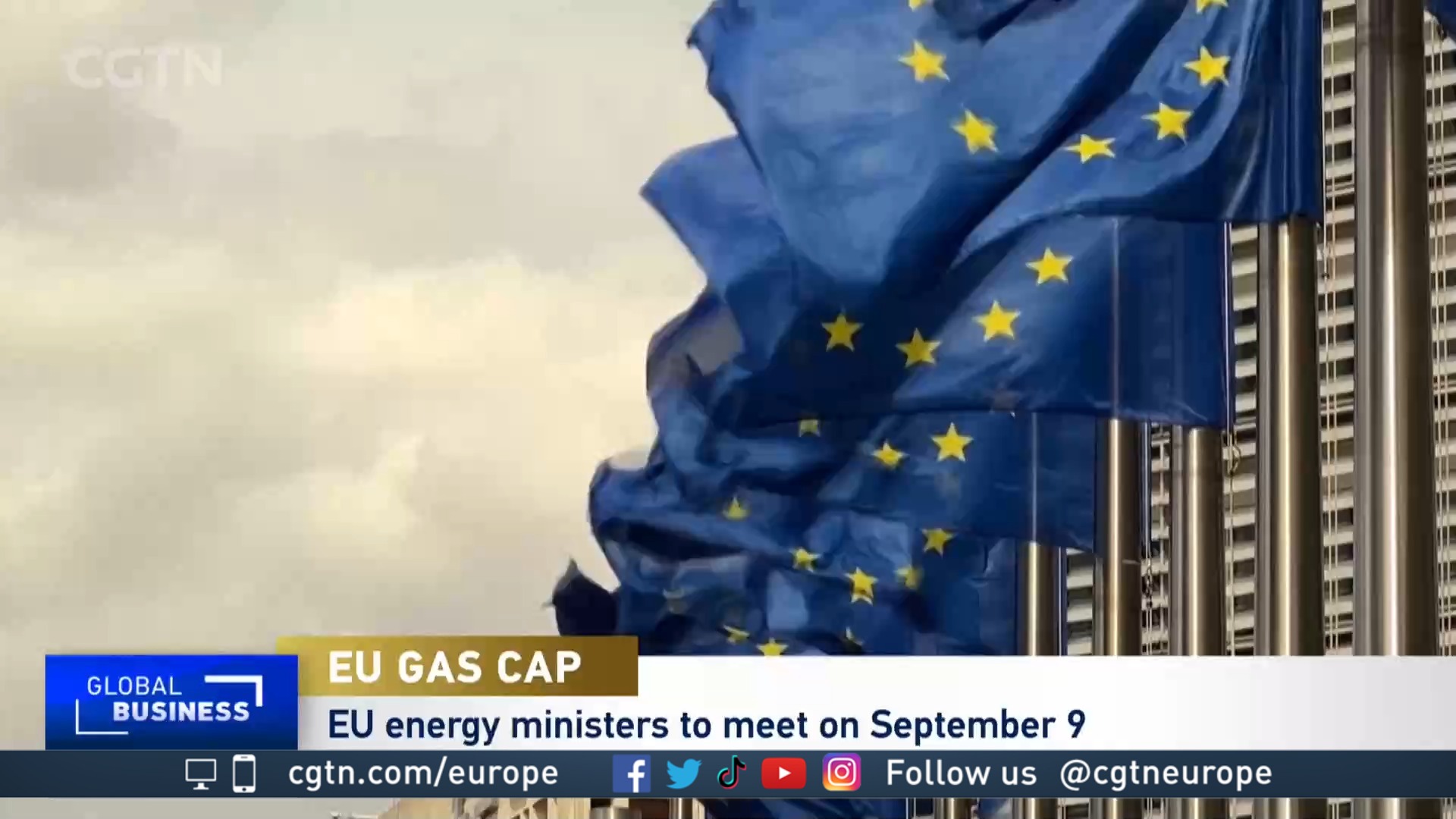03:14

The European Union and its member states will hold an emergency meeting next week in the hopes of finding an EU-wide solution to skyrocketing energy costs for households and businesses.
Czechia, which holds the EU's rotating presidency, called for the meeting with a clear objective: Fixing the EU's spiraling energy markets.
European energy prices have soared since the start of the conflict in Ukraine, with Moscow curbing gas supplies to Europe. With fears of a further Russian retaliation for Western sanctions, EU governments are eager to reduce their reliance on Russian fossil fuels.
READ MORE
UK woman's search for missing Chinese father
Europe's cost-of-living crisis
Berlin's historic gas lamps under threat
In a speech today, EU Commission President Ursula Von der Leyen said that the EU should work to "neutralize Russia's blackmail capabilities" when it comes to energy supply, adding that energy markets needed "emergency intervention and a structural reform of the electricity market."
One solution backed by several member states would be an EU-wide price cap on energy prices.

Czech Minister of Industry and Trade Jozef Sikela urged the bloc to act against rising energy costs across the continent. /Johanna Geron/Reuters
Czech Minister of Industry and Trade Jozef Sikela urged the bloc to act against rising energy costs across the continent. /Johanna Geron/Reuters
Belgium, Italy, Austria and Czechia have all called for the cap, with Belgium's energy minister today saying that "the next five to 10 winters will be terrible if nothing is done," insisting the bloc should "act at the source, at European level, and work on freezing gas prices."
Austria has also called for electricity prices to be decoupled from gas prices. Electricity prices are currently benchmarked against the cost of gas, meaning a surge in gas prices also means a surge in the price of electricity.
Germany meanwhile, has also suggested that the pricing system be reformed, allowing energy suppliers with lower costs, like wind and solar, to sell at lower prices. The current system requires providers with lower costs to be paid the same as those with higher costs, like gas-burning power plants.
Whatever the scale of reform, European governments are eager to take urgent action to curtail the impact that surging prices are having on households and businesses, and mitigate the economic dangers of skyrocketing costs.

